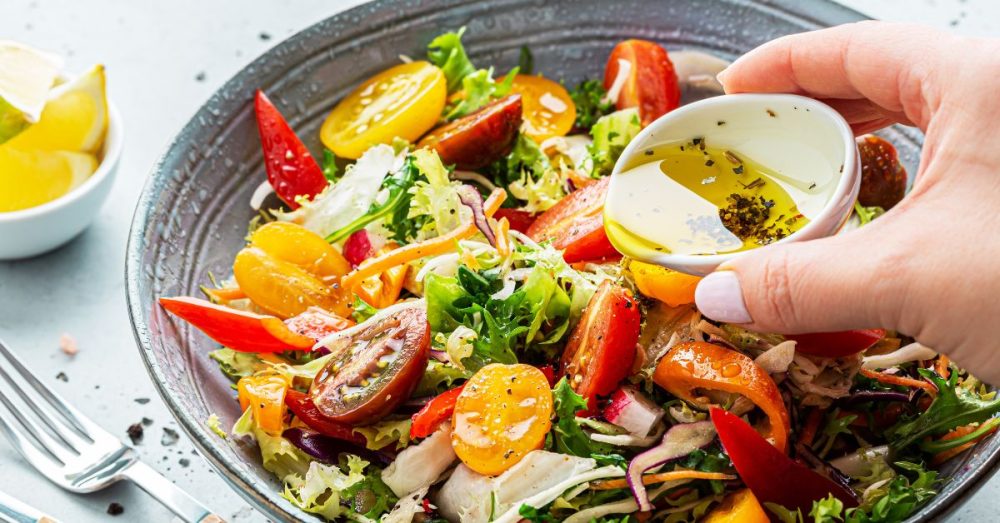While there may be very little people agree on when it comes to diet, extra virgin olive oil is well-known and universally acknowledged for its health benefits.
Individuals who consume extra virgin olive oil as part of a healthy, balanced diet tend to live longer. Extra virgin olive oil has been shown to reduce free radicals, kill cancer cells, and lower the risk of heart disease. A new study suggests that it may even help with cognitive health, as reported by The Dallas Express.
The study found that those who consume over seven grams of olive oil per day have a 28% lower risk of dementia-related death than those who rarely or never use olive oil, regardless of the quality of the rest of their diet. Replacing five grams of margarine and mayonnaise with an equal amount of olive oil lowers the risk of dementia mortality by 8%.
The question that researchers are now taking up is just how much olive oil a person should consume. Medical News Today reports on research from the University of Florida that suggests a minimal amount may be best. Here’s the start of the story:
Olive oil is a staple of the Mediterranean diet, which has become very popular over the last few years.
Previous studies have linked olive oil use to a decreased risk for several health concerns, including high blood pressure, inflammation, high cholesterol, cognitive decline, and obesity, as well as diseases such as type 2 diabetes, Alzheimer’s disease, cancer, and cardiovascular disease.
What hasn’t been clear up until now, say researchers from the University of Florida, is how much extra virgin olive oil (EVOO) in a diet is healthiest.
Through their new study recently published in the Journal of the American Heart Association, scientists found that both high and low usage of EVOO in the diet is correlated to a minimization in blood low-density lipoprotein cholesterol (LDL-C) levels, which is a measurement of the “bad” cholesterol in the bloodstream and is a marker for heart disease.
However, researchers discovered in the 4-week carryover period, participants who followed a low-level EVOO diet continued to have significantly higher reductions in not only LDL-C levels, but also total cholesterol, high-density lipoprotein cholesterol (HDL-C), apolipoprotein B, and blood sugar levels when compared to participants following a high-usage EVOO diet.


